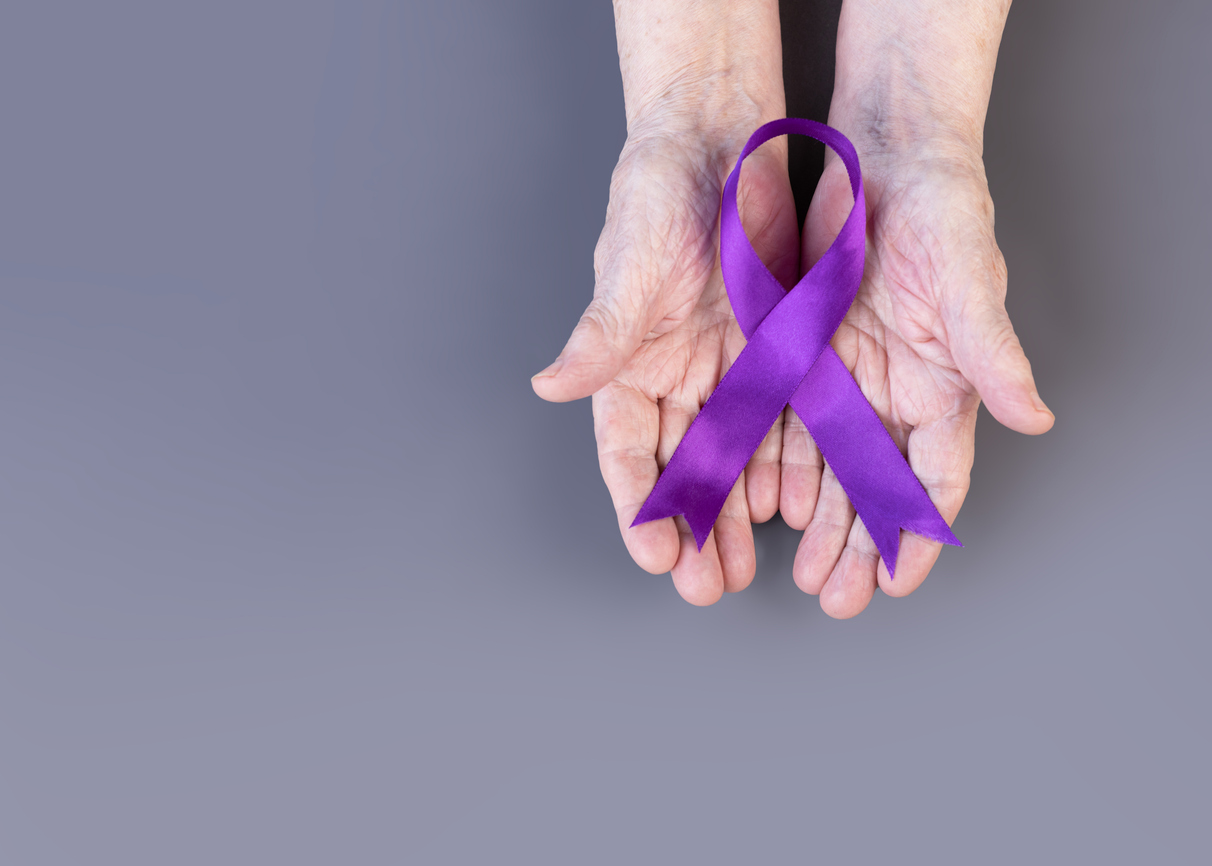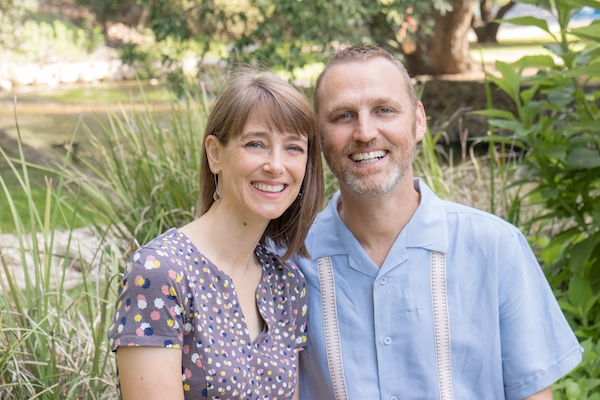

September is World Alzheimer’s Awareness Month, a perfect time to reflect on how families in our community can better support loved ones living with dementia and Alzheimer’s disease.
At ComForCare New Braunfels, we know the challenges of caregiving go far beyond daily tasks. They touch every part of family life, from emotional well-being to long-term planning. That’s why our team is here to walk beside families in New Braunfels and beyond as they navigate this journey.
Our goal is to provide clarity, support, and trusted information so you feel more confident in planning care for your loved one.
Many families first notice subtle changes before realizing something more serious may be happening. These signs can include:
If you’re concerned, you can use a free tool like Ohio State’s Self-Administered Gerocognitive Exam (SAGE), which is an Alzheimer’s test with 12 questions you can easily answer at home. It’s designed to help you catch issues early so you can have meaningful conversations with your physician.
Many families also find it helpful to see how Alzheimer’s disease typically progresses over time. The framework below, known as the Global Deterioration Scale, gives a clearer picture of what changes may occur as the disease progresses.
| Stage | Description | Common Symptoms |
| Stage 1 | No Impairment | No memory problems or symptoms. |
| Stage 2 | Very Mild Decline | Occasional memory lapses (misplacing keys, forgetting names), often dismissed as “normal aging.” |
| Stage 3 | Mild Decline | Noticeable difficulty with organization, word-finding, or remembering new names. Family members may start to notice changes. |
| Stage 4 | Moderate Decline | Trouble with complex tasks like managing finances, traveling alone, or meal planning. Personality changes may appear. |
| Stage 5 | Moderately Severe Decline | Increasing need for assistance with daily activities such as dressing or bathing. Memory gaps and cognitive decline more significant. |
| Stage 6 | Severe Decline | Major personality changes, loss of awareness of surroundings, and difficulty recognizing familiar people. Requires extensive assistance. |
| Stage 7 | Very Severe Decline | Loss of ability to communicate, walk, or control movement. 24/7 care needed. |
Note that different forms of dementia have their own symptoms, and everyone’s journey through their condition is unique. These steps aren’t always clear-cut, but the good news is that professional caregiving can make the journey through any type of dementia easier.
For many families, keeping a loved one at home is the priority. Alzheimer’s disease home care allows individuals to remain in familiar surroundings while still receiving the support they need.
In-home caregivers can help with:

Starting care doesn’t have to feel overwhelming. Many families begin with part-time support—perhaps a few hours a week—before transitioning to longer shifts as needs increase. This gradual approach gives everyone time to adjust and helps the person with dementia feel more comfortable.
Caring for a loved one is rewarding, but it can also be exhausting. Respite care provides short-term relief for family caregivers, allowing time to rest, run errands, or simply recharge.
As part of the new Medicare GUIDE program, qualifying dementia clients can now receive up to $2,500 annually toward respite services. For families in New Braunfels, this is a game-changer, making high-quality support more accessible than ever.
Living with Alzheimer’s should never be a journey walked alone. In addition to our care services, families in the New Braunfels and San Antonio areas can connect with support groups, educational workshops, and community resources designed to offer guidance and encouragement.
Here are two good places to start:
Hospice is typically recommended in the final months of life, when medical providers determine that life expectancy is six months or less. However, home care can begin much earlier, providing comfort, safety, and peace of mind throughout all stages of the disease.
Our team works seamlessly alongside hospice agencies when that time comes. But until then, we’re here to help everyone in your family feel comfortable, find meaning, and enjoy their time with their loved ones.
Every home care agency provides basic services, but at ComForCare, the difference lies in our people. We hire less than 2% of applicants, which keeps our team highly trained and deeply compassionate.
With average caregiver tenure over a decade, families can count on steady, trusted relationships built to last.
Another major factor that sets us apart is the way we train our team to care for people living with dementia. Every caregiver goes through DementiaWise® 1.0 and 2.0, a program endorsed by Duke University.
This training goes beyond basics by giving caregivers real-world tools to handle the tough moments with patience and compassion, while also creating meaningful activities that make each day brighter.
This advanced program equips caregivers to:
DementiaWise helps our caregivers deliver personalized, consistent care that’s rooted in understanding.
If you’ve been wondering how to care for someone with dementia or exploring options for Alzheimer’s care at home, ComForCare New Braunfels is here to help. Whether you live in San Marcos, Cibolo, or right here in town, our team can create a personalized care plan that evolves with your loved one’s needs.
We serve families across New Braunfels, Canyon Lake, Universal City, Seguin, and the I-35 corridor up to Kyle. Wherever you are, we bring care directly to your home. Call us anytime at (830) 632-5887 to learn more or schedule a free in-home consultation.
Together, we can improve your loved one’s quality of life and give you peace of mind.

Each office is independently owned and operated and is an equal opportunity employer.

© 2026 ComForCare Franchise Systems, LLC.